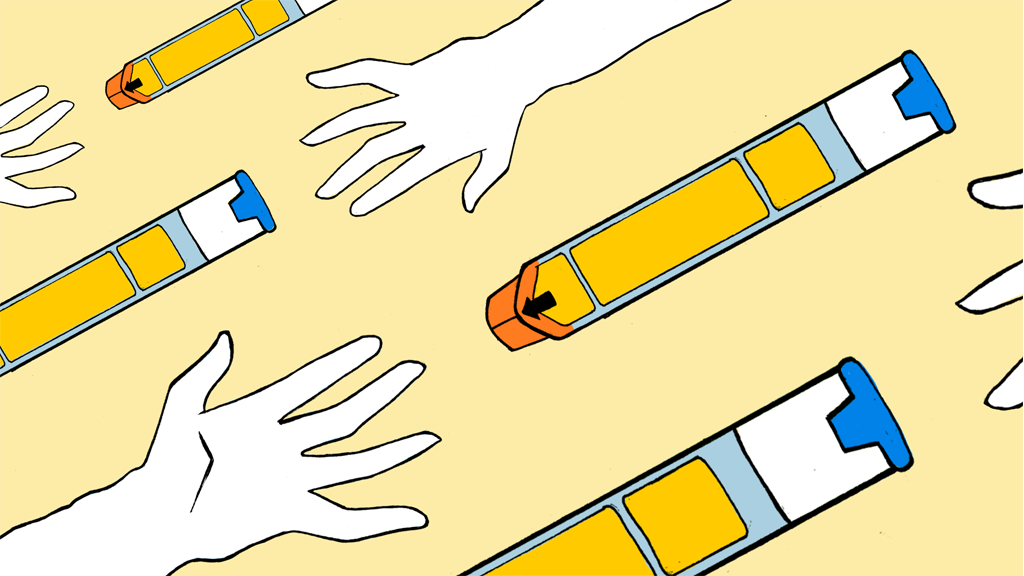Mylan and Why the System Doesn't Care if You Live or Die
by Taylor Derrisaw | published Sep. 25th, 2016
One of the most impressive things about humanity is our ability to challenge mortality.
We've invented vaccines, medicine, surgery and the like. With every step we take in the noble frontier of medicine, we get closer and closer to eradicating disease and extending our lifeline so that our descendants can go on.
In the past month, Mylan and its CEO Heather Bresch have received flak for increasing the price of a pack of Epipens by 400 percent over the course of a decade. This price hike forces parents, schools and anyone in need of the drug to forego its purchase, which could have disastrous consequences.
This is an obvious problem that needs addressing, but the resolution may not be as simple as it seems. Currently, Mylan holds nearly 90 percent of the market share of epinephrine delivery systems, realistically representing a monopoly in the market. Although possible competition has come and gone, through other companies like Sanofi, Mylan has maintained this strong market share purely through its use of patents and a weird ruling by the FDA that gives many pharmaceuticals free reign over their markets.
The FDA allows certain new drugs to be competition-free for up to seven years, essentially creating a government-sanctioned monopoly in specific markets. Sanofi, a possible competitor tried to develop its own epinephrine delivery system but due to inaccurate dosage, high R&D costs and barriers to entry created by the FDA, it is unlikely that they will return to challenge Mylan’s dominance.
This immediately raises some concerns:
1. Mylan can jack the price of the delivery system up to whatever price it deems fit, ultimately price-gouging its customers.
2. The FDA sanctioned its monopoly.
Price gouging non-essential goods or services is one thing, but when companies are actively boosting the prices of essential medicines to increase their bottom line, we have an obvious dilemma in our society: that the extra dollars are more important than saving lives. Additionally, during the price increase, Bresch’s salary increased by over 600 percent, making it hard to believe that the price increase had anything to do with rising business costs.
It's time that we as a society confront our deeper motives. It’s hard to balance a profit motive with a desire to help people, and in an industry which claims to do both, the lines can get pretty muddy. We live in a culture that appreciates and rewards hard work in order to get that bottom line, regardless of the societal consequences — all in the name of economic and technological progress. We’re at a crossroads: we need to choose between our desire for profit or our moral obligation to help people, or we’re going to repeat this dilemma forever. Personally, it’d be a tough pill to swallow to live in a world in which money comes before people.



